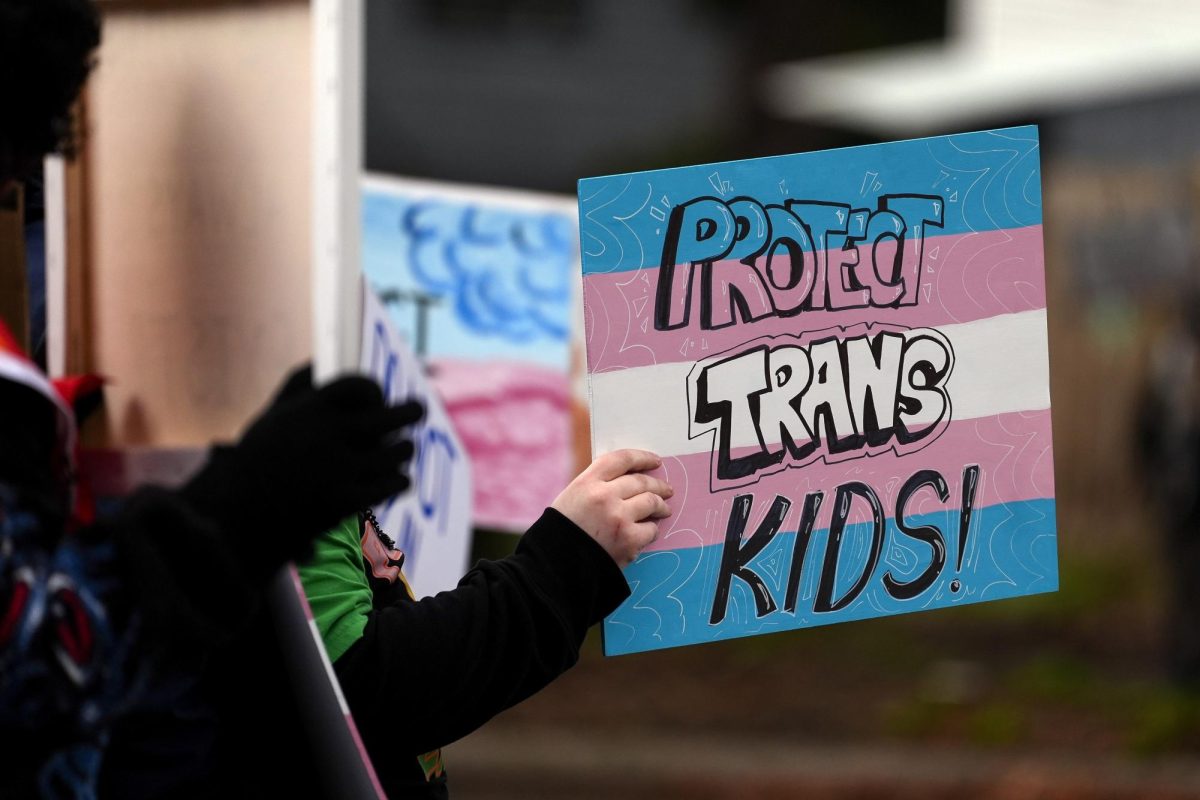Seattle has garnered a reputation for being an expensive and challenging city to reside in. Over the past decade, the city has undergone significant transformations, from the aftermath of the 2008 Great Recession to the onset of an economic and housing upswing propelled by tech industry giants like Amazon, Google, and Microsoft establishing their presence here.
However, the repercussions of this boom are now palpable as the soaring cost of living and housing strain the budgets of many Seattle residents. In response, the city has sought to address this issue by increasing the minimum wage, slated to take effect in 2024.
The minimum wage is the lowest amount that employers are legally required to pay their workers. Originally, the minimum wage was introduced as a victory for labor unions and progressivism in the early 20th century. It was meant to improve the economic disposition of factory workers and has evolved through decades of legislation to protect the lives of workers everywhere in the country.
Today, at the federal level, it stands at $7.25 for untipped workers and $2.13 for tipped workers (with certain regulations, including it being legal to pay subminimum wages to disabled workers), though it is typically higher in various states and nearly all major cities.
Washington state has implemented a sliding scale for increasing the minimum wage, aiming to keep pace with inflation and the rising cost of living. Presently, the state’s minimum wage is $15.74, one of the highest in the nation.
In Seattle, the minimum pay varies based on job type and employer size, ranging from $18.69 for all large employers (500 or more employees) and for small employers who don’t pay $2.19 in benefits or tips to $16.50 for small employers who do. The wage is set to increase around six percent to $19.97 for all large employers and for small employers who don’t pay $2.72 in benefits or tips and $17.25 for small employers who do. Despite being relatively high for the country, many contend that this still falls short of constituting a living wage in Seattle.
The debate over whether the minimum wage can serve as a living wage is currently a contentious one, with proponents of a higher minimum wage asserting it as a crucial step toward achieving a livable income. A livable wage is commonly understood as an hourly compensation rate that enables an individual or family to cover essential expenses such as housing, food, transportation, healthcare, and other necessities.
To put this into context for Seattle, the average wage is $23 hourly (all across the board) and according to online living wage calculators and other online sources, the wages considered livable are between $21-$24 an hour.
To gauge the sentiment and understanding of Lincoln folk regarding the upcoming minimum wage increase, we reached out and solicited opinions from both students and staff. Among the students surveyed, most were unaware of the upcoming change, though the feedback received was generally positive, albeit somewhat stilted. Senior Claire Gingrich, who waits tables at a retirement home, said “So like, they’re nice enough to give us like a 50 cent raise each year. But, we’re like losing more money because of inflation… It’s like another dollar. I mean, I guess I’m happy about that. But, it’s enough to live in Seattle. Definitely f*cking not… Most of the people who work there [the retirement home] who are making what I’m making drive, like, super far to get here because they can’t live in Seattle.”
In response to the rise in minimum wage, senior literature and sophomore English teacher Mr. Fox said “I think kind of yes and no. Like I think if you are 23 years old, and you are fresh out of college, we haven’t gone to college and you don’t have a lot of expenses other than just rent, housing, and food. And like a little bit of entertainment for yourself to have an enriched life and like going on dates every now and then.” So maybe it’s a generational divide, but no matter, the wage will be increased.


























